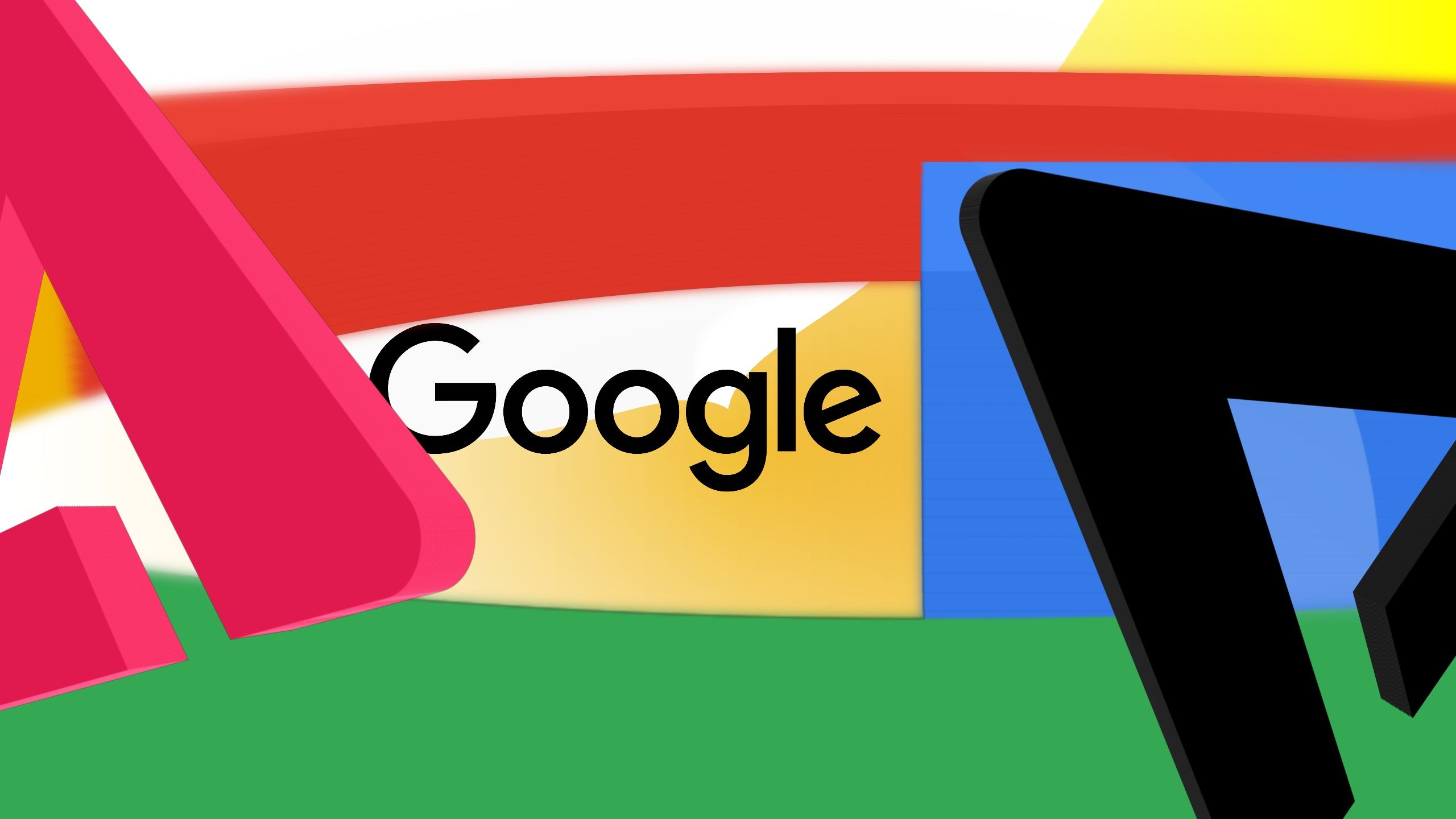Key Takeaways
- Google Search is testing a feature called “Quick view” for recipes, which could have some impact on publishers.
- Users can see the full details and step-by-step cooking instructions without visiting the source website.
- Google says it has partnered with creators to power Quick view in Search, though full details on the deals are unclear.
Google routinely conducts experiments to introduce new features to its search engine. However, some inclusions, such as AI Overviews, have become among the most unpopular in recent memory, though Google has taken steps to improve it. It’s now come to light that the search engine juggernaut is quietly testing another experiment within Search, one that could potentially have a major impact on publishers of all stripes.
Related
AI Overviews are taking over Google Search, whether you like it or not
Google is getting stubborn about not letting you leave Search
Search Engine Roundtable’s Barry Schwartz received a tip about this experiment in Google Search called “Quick view,” which he managed to replicate. It appears to be limited to food-related websites right now, with the site using the example of a simple search term like “pesto recipe” (via 9to5Google).
While users generally see a series of results from multiple sources for this particular recipe, under this experiment, the Quick view button on the top left of the dish’s image lets users get all the notes about the recipe without ever visiting the website. It’s also worth noting that this new button isn’t limited to just the top result but also the others below it, thus affecting practically every publisher in the genre.

In the video above, you can see the full list of ingredients required for Basil Pesto, with what appears to be checkboxes next to each item, adding another layer of interaction inside Search. Then there’s a section named Steps dedicated to the preparation method, which has its own More steps button to expand its view.
Scrolling further down the page reveals an image of the dish, followed by a From the author section, which includes a couple of sentences about the recipe from the writer, while the author’s name and image are also shown here. Lastly, there’s a Reviews section at the bottom, although it’s unclear where this material comes from. There’s a Visit button at the top of the result, which takes users directly to the source, though this new function gives you less incentive to do so.
For some context, this test/experiment was accessed by Schwartz on an Apple iPhone using the Safari browser, and it doesn’t appear to be widely available just yet. I couldn’t replicate it on an iPhone or Android smartphone, which suggests that this experiment is only available to a select few Search users.
What’s Google saying about this?
In response to an X/Twitter post, Google told Schwartz this is an “early-stage experiment” carried out “with a select number of creators,” adding that agreements are “in place” to accommodate the partnerships. However, the Google Search Central account did not respond to Schwartz’s follow-up question on whether these creators/websites are being paid for their content’s use within Quick view or if creators are aware of their content being used in this manner.
Google also sent a statement to Search Engine Roundtable about this experiment:
We’re always experimenting with different ways to connect our users with high-quality and helpful information. We have partnered with a limited number of creators to begin to explore new recipe experiences on Search that are both helpful for users and drive value to the web ecosystem. We don’t have anything to announce right now.
This statement suggests that the test is limited to recipes, meaning it will mostly impact websites and blogs that cover food and related items. Google didn’t elaborate on the nature of the partnership between itself and the content creators to power Quick view. As Search Engine Roundtable notes, while this may be a favorable experience for the end users, it may hurt publishers severely if people get all the information directly from Search without visiting the website that owns the content.

